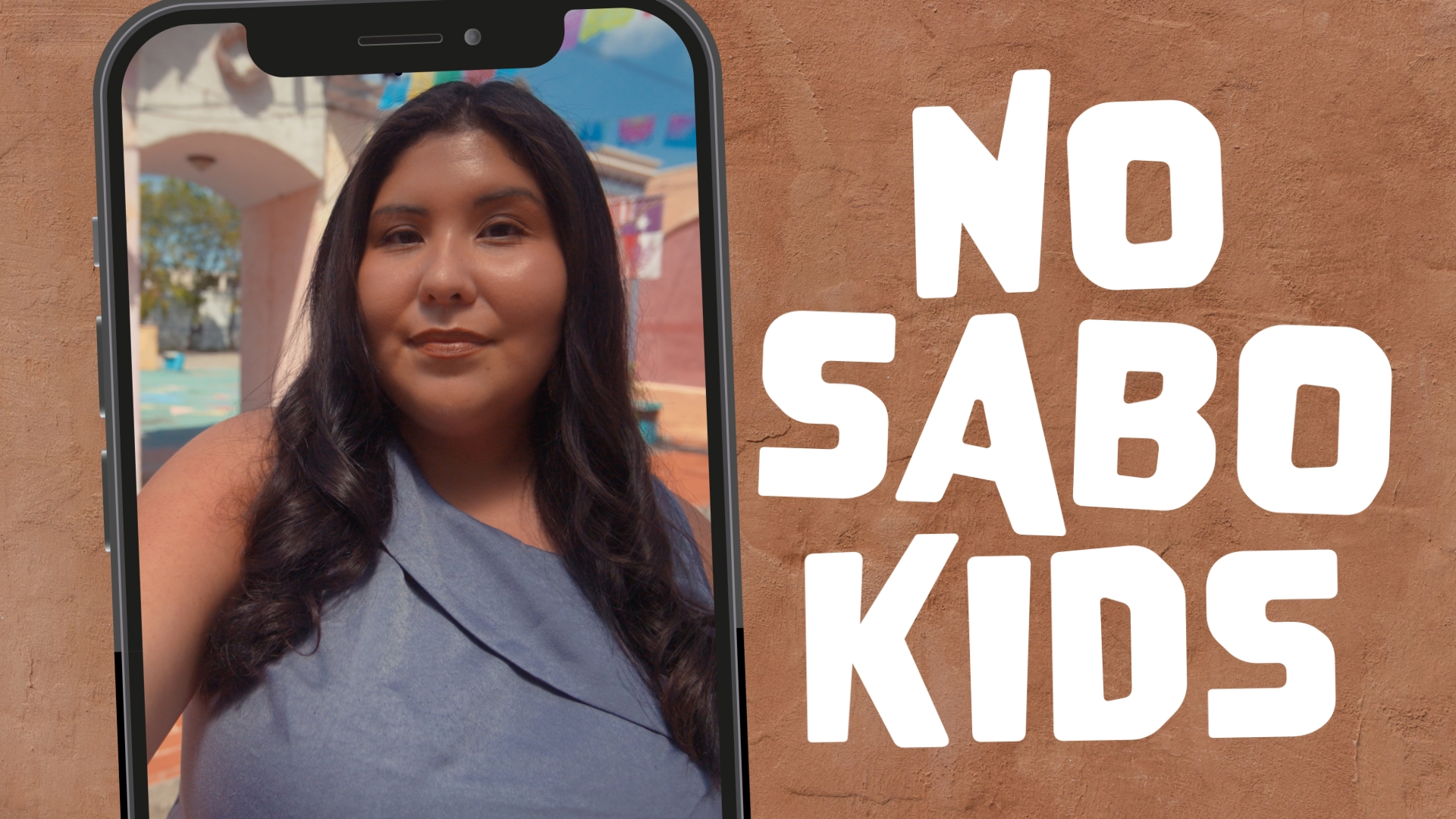HOUSTON — The term “no sabo kid” started as an insult. "No sabo" is supposed to mean “I don’t know”, but it’s grammatically incorrect, making it a knock on young Hispanic people who don’t speak fluent Spanish.
There are millions of memes and videos on social media about it and when you watch them, you can see something happening; a pushback on Spanish-language shaming.
KHOU 11 News spoke with people who have been called a "no sabo kid" to see how they feel about the term.
Siblings Julian and Elizabeth Huerta are two of five. Despite being 15 years apart, these two are close.
“I’ve been coming more because she lives nearby. So, I guess at least maybe like once a week,” said Julian Huerta.
When the two siblings spend time together, they always have a cup of coffee.
“He waits until I make it because he’s used to my mom making it,” said Elizabeth Huerta.
The two enjoy drinking NESCAFÉ and making it the way their mom always did, pairing it with Mexican cookies.
Growing up in a Mexican household it’s not just the way they make their coffee that’s stuck with them, but certain foods on the holidays have.
“Not having a turkey, but really having mole, rice, tamales,” said Elizabeth.
Language has too.
“Spanish was actually my first language,” said Elizabeth.
But unlike Elizabeth, Julian doesn’t speak as much Spanish.
We asked Julian if he considers himself a "no sabo kid."
“I say a little bit,” said Julian. His sister says he is.
“It’s a newer term that’s been brought up within the last like I’d say five, ten years that I’ve been hearing it,” said Associate Director for Mexican American and Latino/a studies at the University of Houston, Dr. Marisela Martinez.
Experts said the term is often used in a derogatory way.
“To identify, you know, whatever language skills they have and to make them feel bad for that, to shame them for not knowing Spanish,” said Professor of Spanish at the University of Houston, Dr. Gabriela Baeza Ventura.
Similar to Julian, Rory Ramirez is the youngest of his siblings and doesn't have the strongest Spanish-speaking skills.
We asked Rory if he identifies as a "no sabo kid."
“I would say so. I don’t really know a lot of spanish,” said Rory. “I understand it better than I speak it.”
The term has often led young Latinos to feel the need to explain why they don’t speak the language fluently or understand it that well, but experts said it isn’t uncommon for the language to skip generations.
“Shaming someone for not knowing Spanish is like shaming their parents for trying to give them a better life because of the fact of, you know, they used to be punished for speaking Spanish,” said Dr. Martinez.
And this isn’t the first time Latinos in the United States have been labeled with a word.
“There have been many terms that have been used in the derogatory manner such as, you know, chicano,” said Dr. Baeza Ventura.
But what makes this term different is that those using it are usually Latinos themselves.
“Sometimes there’s certain forms of gatekeeping and I’m better than you type of aspects that, we're trying to bring each other down,” said Dr. Martinez.
Experts said there’s been a shift in the usage of the term. Those called a "no sabo kid" are now owning it.
“Confronting the system and saying, I don’t care if I’m a no sabo kid. I'm still going to do well. I have some language skills and that’s all that matters,” said Dr. Baeza Ventura.
“At the end of the day I think I’m Latino no matter what,” said Rory.
While the spanish language is part of the Latino culture, experts said it doesn’t define it.
“The culture is the same all around, but we all experience it differently. And that also includes the language,” said Dr. Martinez.
Meanwhile, Rory plans to practice his Spanish for himself and encourages others.
“Do it for yourself because you want to learn Spanish and you want to know both English and Spanish,” said Rory.
Julian is on the same page and maybe even with the help from his sister over their weekly cup of coffee.

